Description
Polystyrene (PS): The Versatile Plastic Shaping Our World
Polystyrene (PS), a common thermoplastic, is a staple in modern life, finding its way into everything from disposable coffee cups to protective packaging. Its versatility, affordability, and ease of processing make it a popular choice across a wide range of industries. But what exactly is polystyrene, and what are its different forms and applications?
What is Polystyrene?
At its core, polystyrene is a synthetic polymer made from the monomer styrene. This aromatic hydrocarbon is polymerized through a chemical reaction, forming long chains of repeating styrene units. The resulting polystyrene is a rigid, transparent material, with a glassy appearance when in its solid form.
Two Main Forms: General Purpose and Expanded
Polystyrene exists primarily in two distinct forms:
- General Purpose Polystyrene (GPPS), also known as Crystal Polystyrene: This is the rigid, transparent form of polystyrene. It’s known for its clarity, hardness, and good dimensional stability. GPPS is commonly used for applications like:
- Food Packaging: Containers for yogurt, deli items, and other perishables.
- Laboratory Ware: Test tubes, Petri dishes, and other disposable lab equipment.
- Disposable Cutlery and Cups: Providing a lightweight and inexpensive option for single-use items.
- Audio Cassettes and CD Cases: Utilizing its rigidity and transparency for protective enclosures.
- Expanded Polystyrene (EPS): This form is created by incorporating a blowing agent into the polystyrene, causing it to expand and form a highly cellular, lightweight structure. EPS is easily recognizable as the white, rigid foam often used for:
- Protective Packaging: Providing cushioning and impact resistance for fragile items during shipping.
- Insulation: Offering excellent thermal insulation for walls, roofs, and floors.
- Disposable Cups and Containers: Keeping hot beverages warm and cold beverages cool.
- Geofoam: A lightweight fill material used in civil engineering projects like road construction.
Key Properties and Advantages of Polystyrene:
Polystyrene’s widespread use can be attributed to a range of beneficial properties, including:
- Low Cost: Polystyrene is relatively inexpensive to produce compared to other plastics.
- Easy Processing: It can be easily molded, extruded, and thermoformed into a variety of shapes.
- Lightweight: Its low density makes it ideal for applications where weight is a concern.
- Good Thermal Insulation (EPS): EPS provides excellent thermal insulation, reducing energy consumption.
- Excellent Electrical Insulation: Polystyrene is a good insulator for electrical applications.
- Water Resistance: It is resistant to water and moisture absorption.
Environmental Concerns and Recycling Efforts:
Despite its versatility, polystyrene has faced scrutiny due to its environmental impact. Its slow degradation rate and potential for fragmentation into microplastics are valid concerns. However, significant efforts are underway to improve polystyrene recycling and develop more sustainable alternatives.
- Recycling: Polystyrene can be recycled, but recycling rates remain relatively low compared to other plastics. Technological advancements are improving the efficiency and effectiveness of polystyrene recycling processes.
- Biodegradable Alternatives: Research is ongoing to develop biodegradable and compostable alternatives to polystyrene.
- Extended Producer Responsibility (EPR): Many countries are implementing EPR schemes, holding manufacturers responsible for the end-of-life management of their products, including polystyrene.
Looking Ahead:
Polystyrene remains a vital material in many industries, but its future hinges on addressing environmental concerns and promoting responsible manufacturing and disposal practices. By focusing on improved recycling technologies, the development of sustainable alternatives, and the implementation of effective waste management strategies, we can harness the benefits of polystyrene while minimizing its environmental footprint. As research and innovation continue, we can expect to see even more sustainable and efficient uses for this versatile plastic in the years to come.

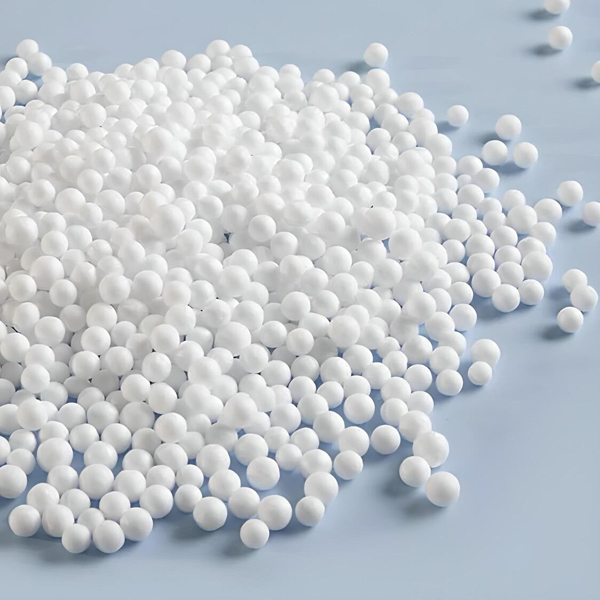


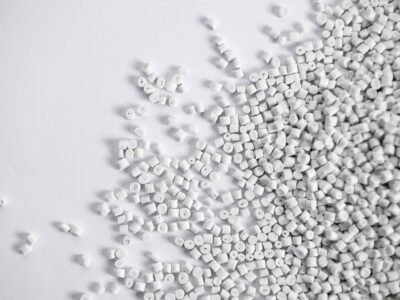
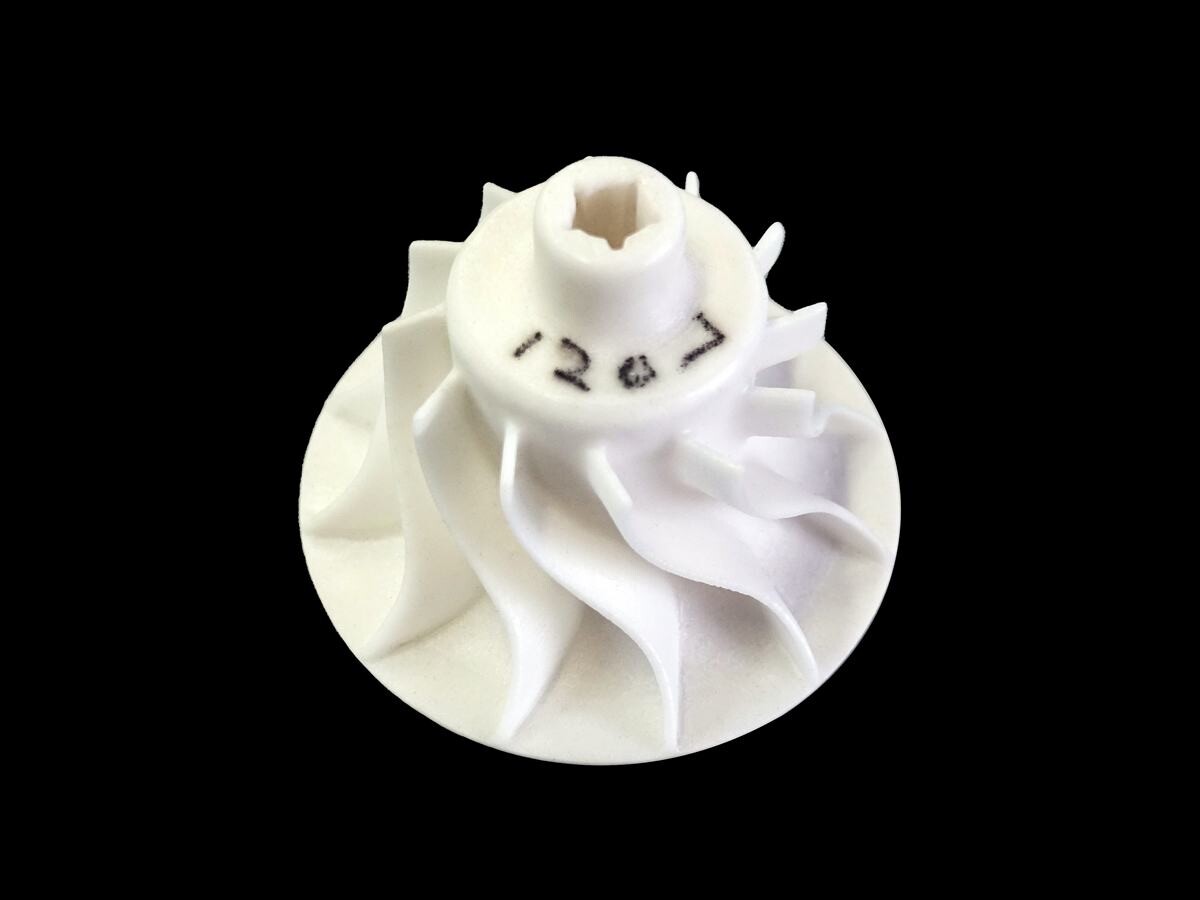
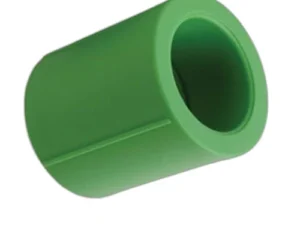

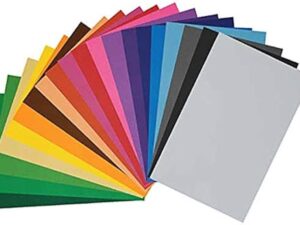
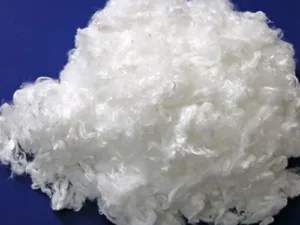
Reviews
There are no reviews yet.